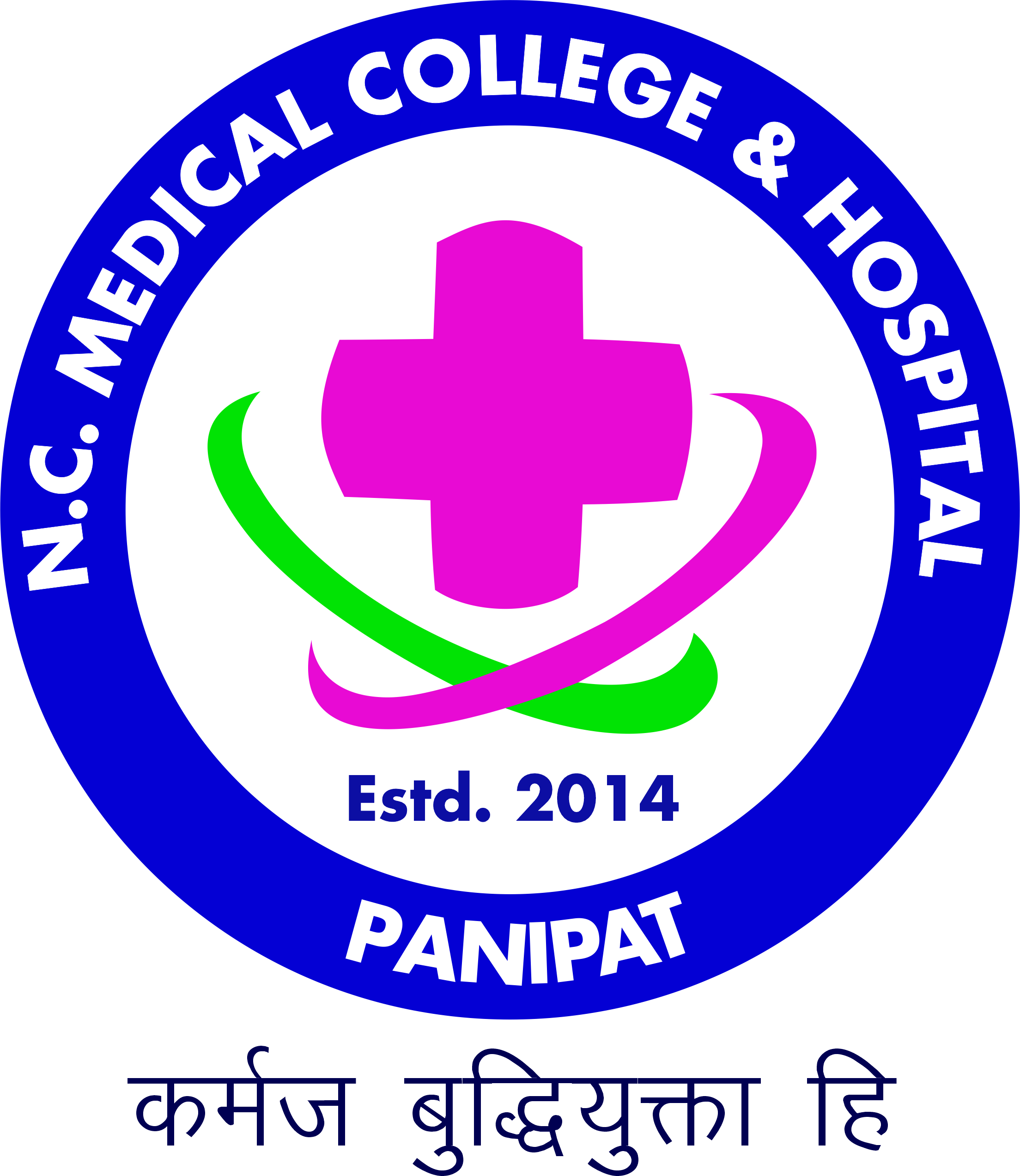Exploring the Microbiology Degree
A Microbiology degree is a specialized program that explores the fascinating world of microorganisms, including bacteria, viruses, fungi, and parasites. In this comprehensive guide, we delve into the structure of the degree and highlight key subjects integral to its curriculum.
Microbiology Curriculum: The Microbiology curriculum is meticulously designed to provide students with a profound understanding of microorganisms and their significance in various fields. It encompasses a wide range of subjects essential for studying these microscopic life forms and their impact on health, the environment, and industry.
Microbial Biology: Microbial Biology focuses on the structure, genetics, physiology, and diversity of microorganisms, including bacteria, archaea, and microscopic eukaryotes.
Medical Microbiology: Medical Microbiology explores the role of microorganisms in human diseases, covering pathogens, pathogenesis, and the development of antimicrobial strategies.
Environmental Microbiology: Environmental Microbiology studies microorganisms in natural ecosystems, addressing biogeochemical cycles, bioremediation, and ecological interactions.
Industrial Microbiology: Industrial Microbiology examines the use of microorganisms in various industrial applications, including food production, biotechnology, and pharmaceuticals.
Immunology: Immunology delves into the immune system’s function and its interactions with microorganisms, encompassing topics like vaccination and immunotherapies.
Clinical Microbiology: Clinical Microbiology involves the identification and diagnosis of microorganisms in clinical samples, crucial for managing infectious diseases.
Laboratory Techniques: Laboratory Techniques are a fundamental aspect of the Microbiology degree, teaching students how to culture, identify, and analyze microorganisms using cutting-edge laboratory methods and equipment.
Research Opportunities: Many Microbiology programs offer research opportunities, allowing students to engage in hands-on laboratory work and contribute to scientific advancements in microbiology.
Conclusion:
The Microbiology degree equips students with a deep understanding of microorganisms and their diverse roles in health, the environment, and industry. Subjects such as microbial biology, medical microbiology, environmental microbiology, and laboratory techniques, along with research experiences, prepare graduates for careers in research, healthcare, biotechnology, and more.
| Degree/Diploma | Subject | Total No. of Seats |
| Degree (MD) | Microbiology | 03 |
- Courses
Admission Enquiry Form
- Contact us
- ncmedicalcollege.panipat@gmail.com
- Admission Helpline: 0180-2579061
- Phone: 0180-2579081, 0180-2579061
- Ext: 280,281
- Fax: 0180-2579081
- N.C. Medical College & Hospital, Panipat-Rohtak Road, VPO Israna, Panipat-132107 Haryana (India)
Brochures
View our Medical prospectus of
brochure for an easy to read guide on
all of the services offer.
